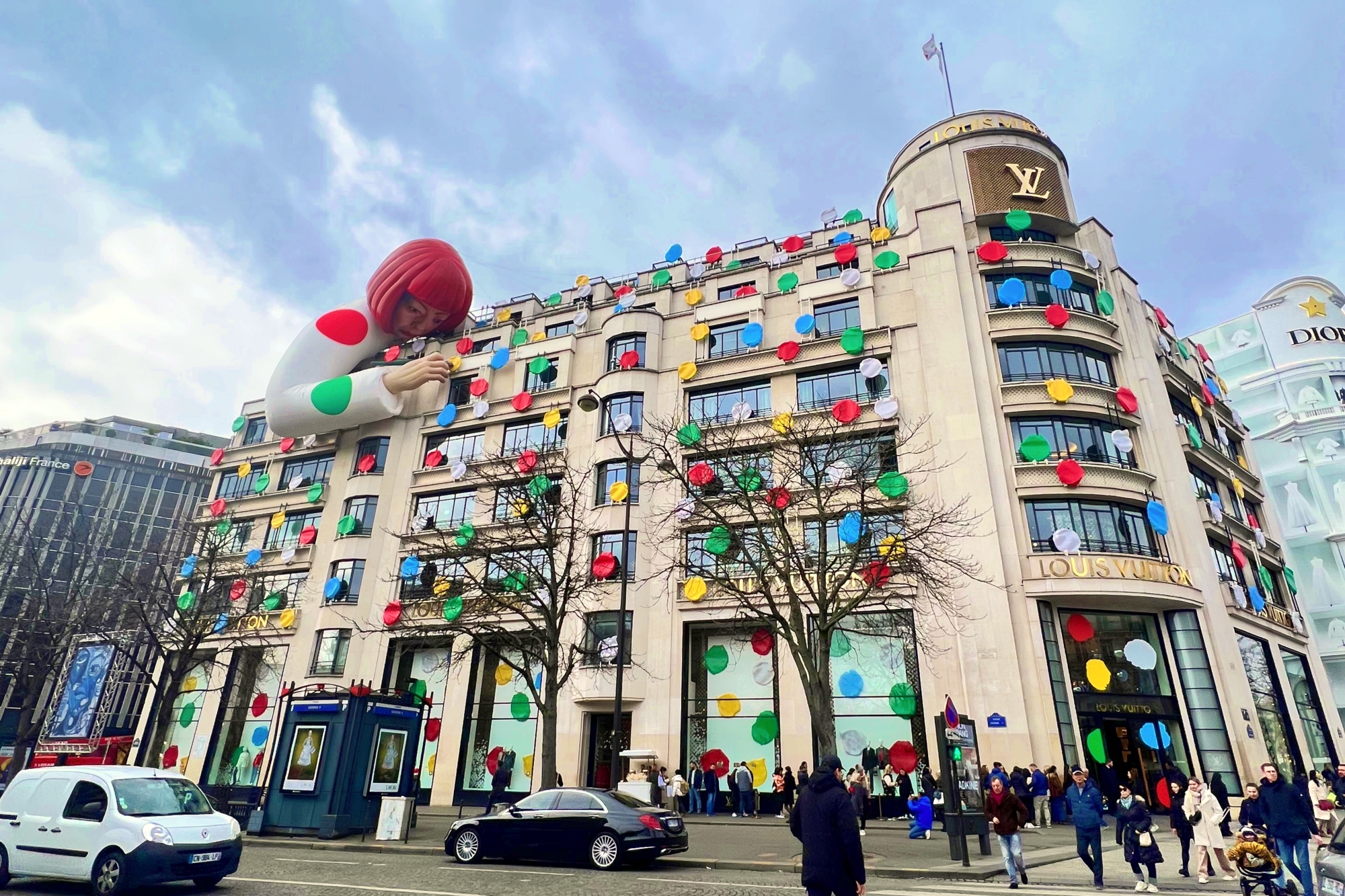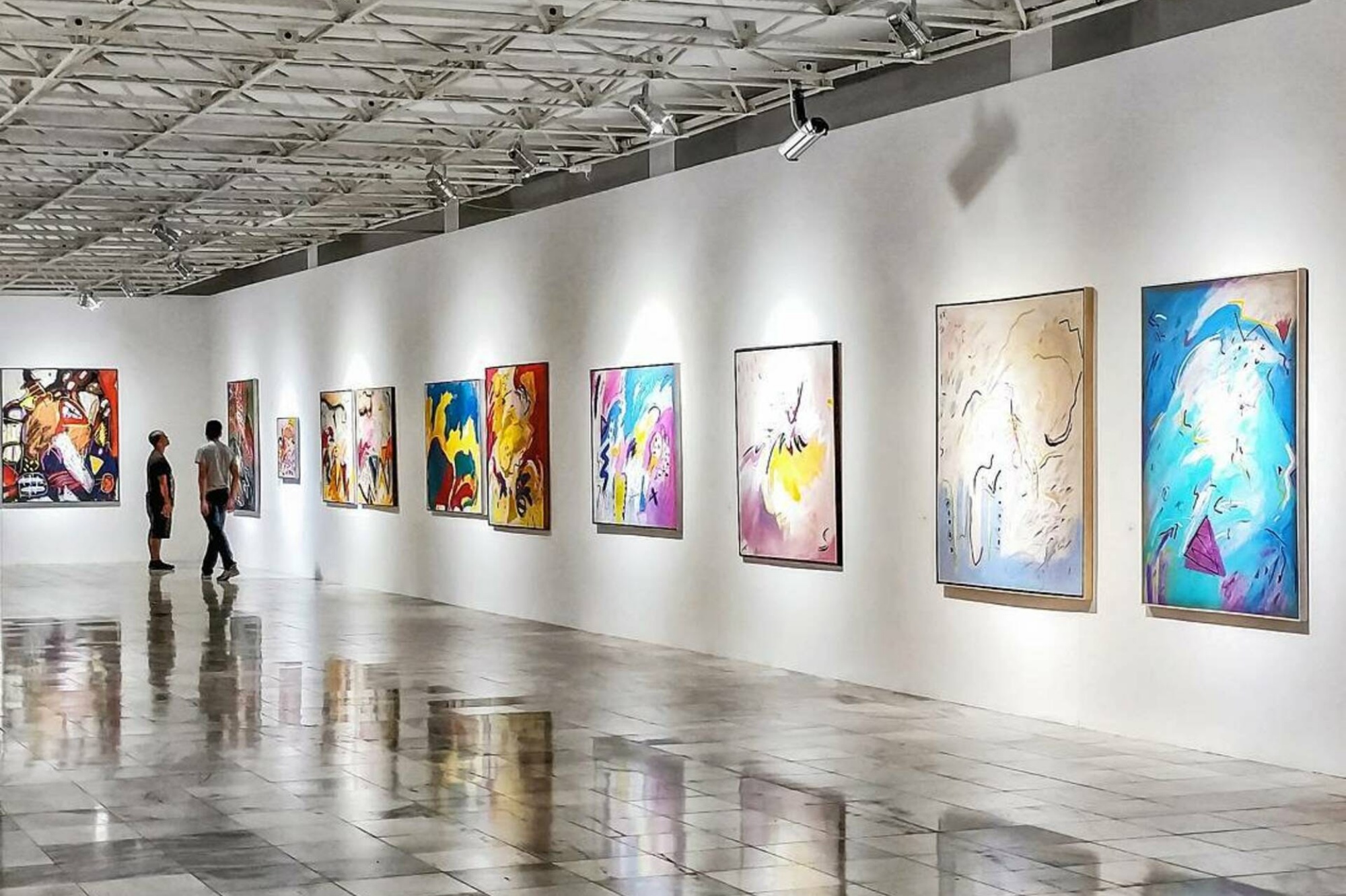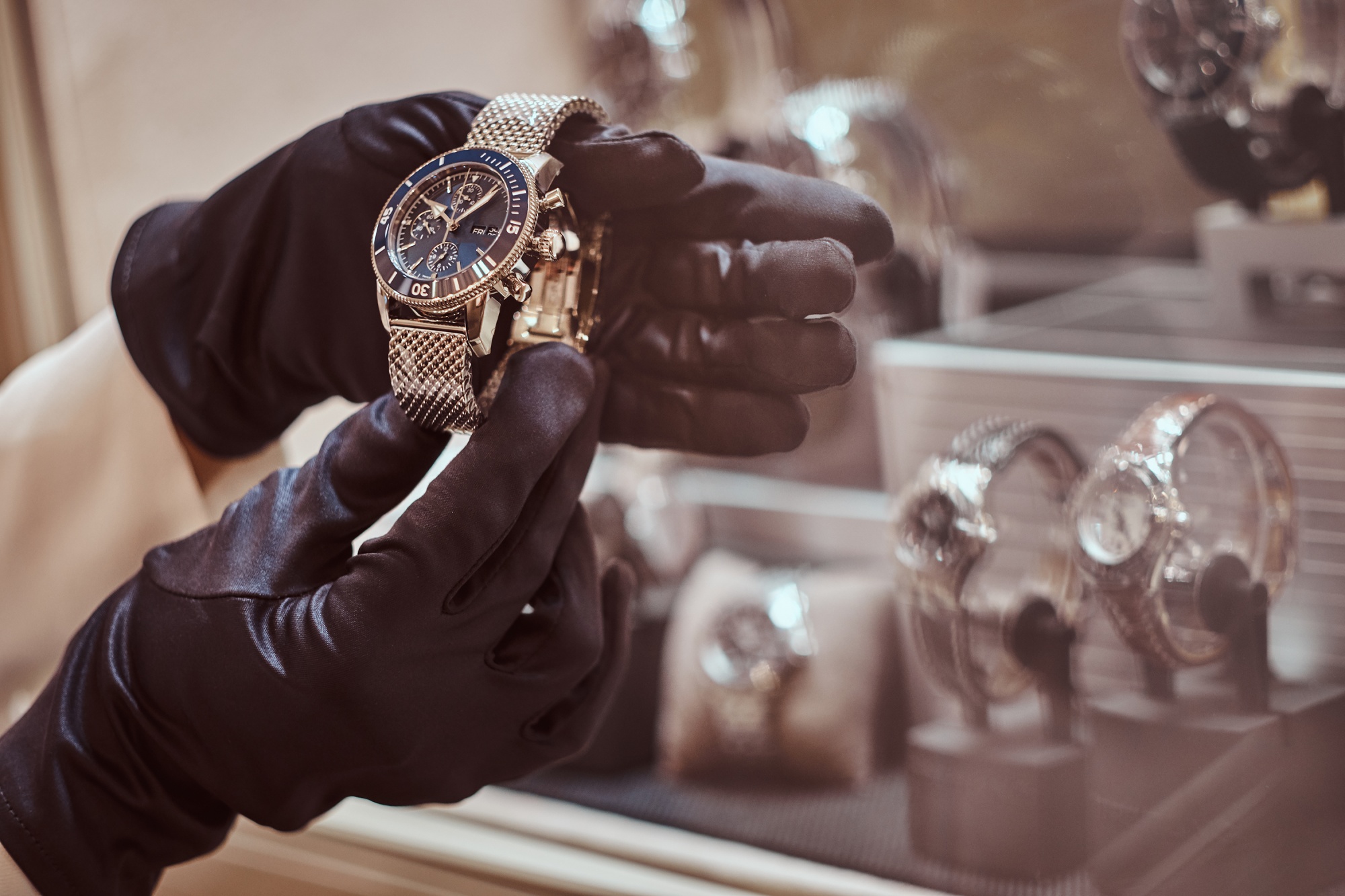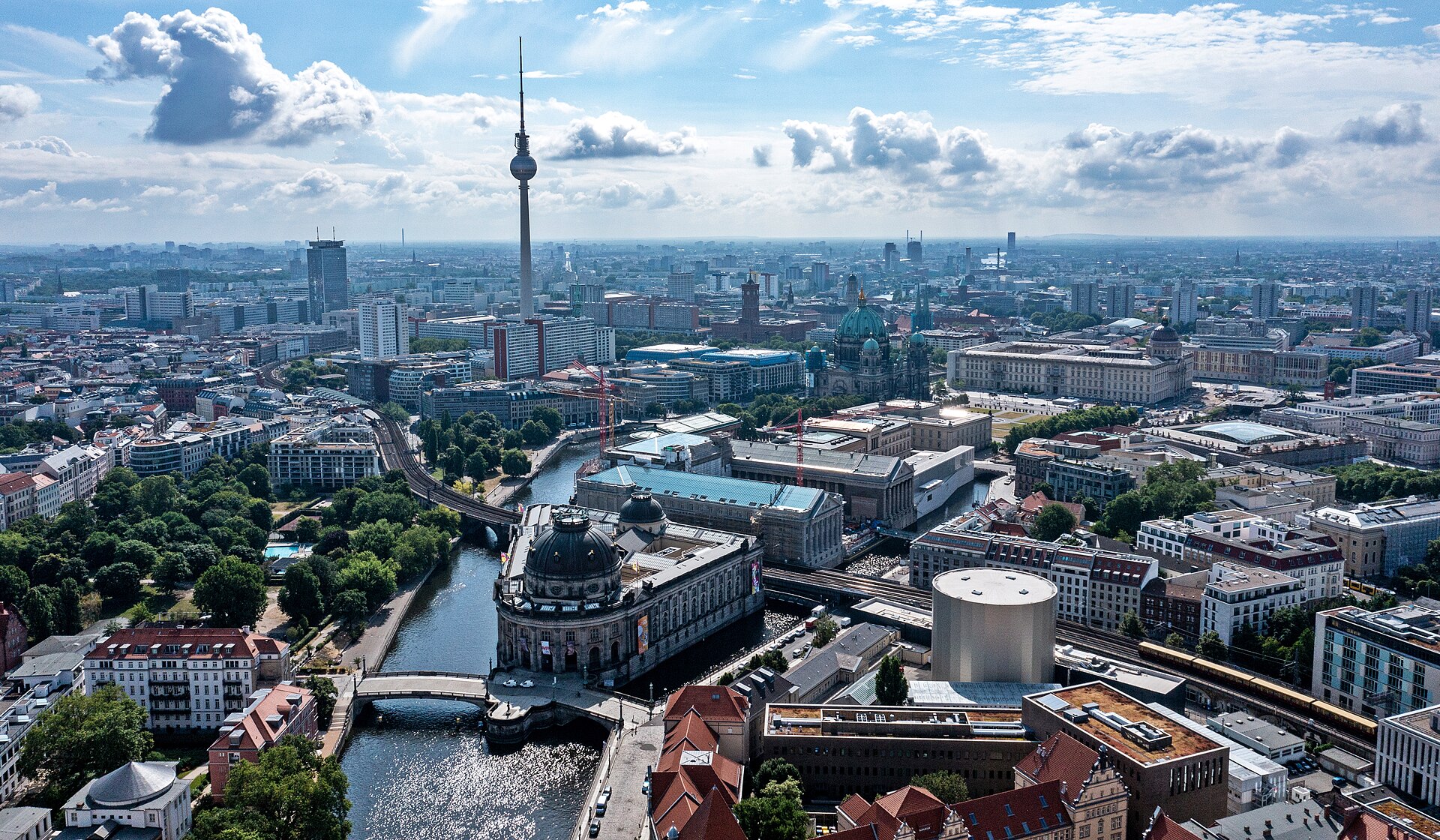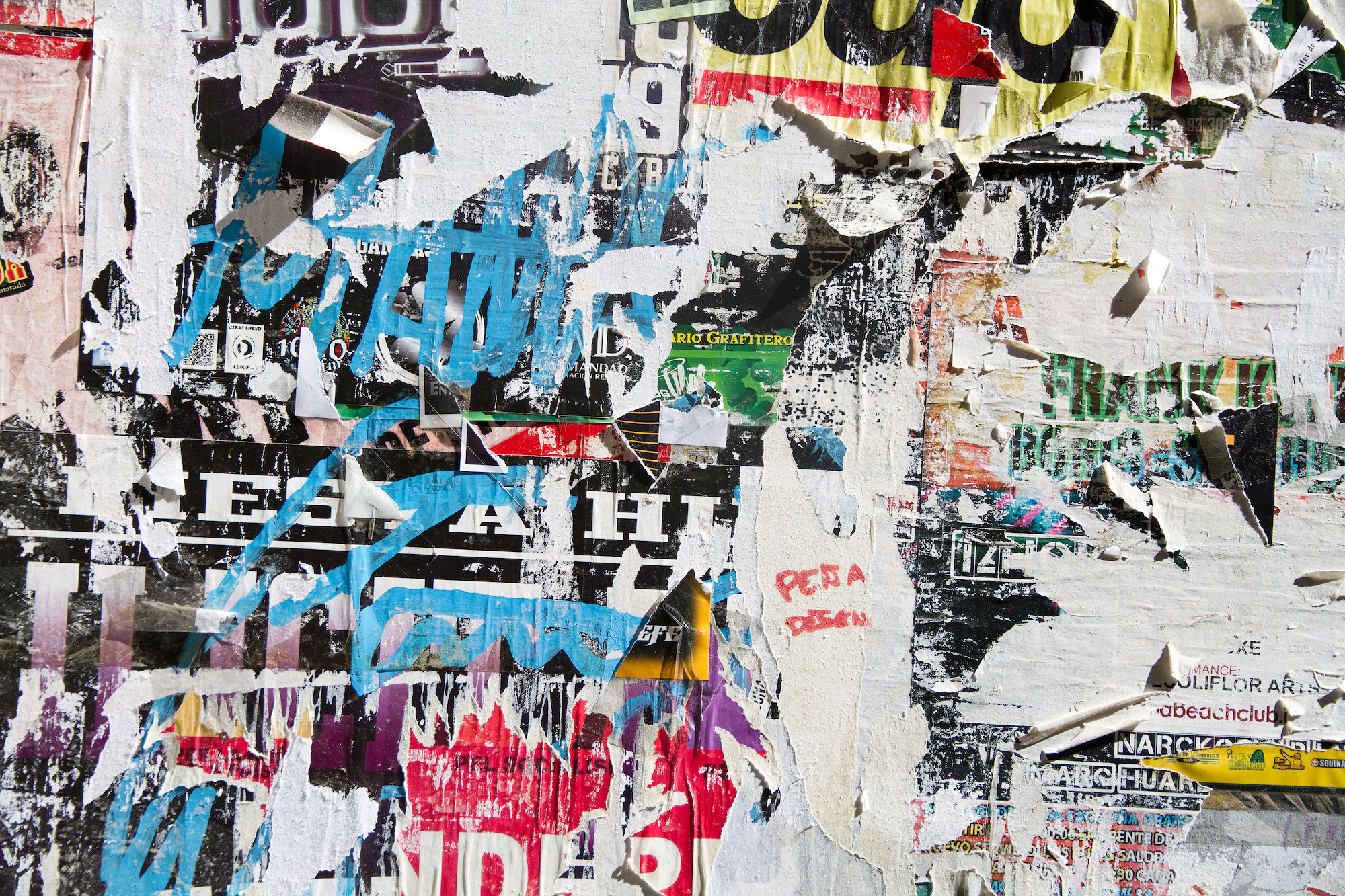“With just one polka dot, nothing can be achieved”.
Yayoi Kusama is one of the most famous artists living and working today with a prolific oeuvre spanning over painting, film, sculpture, poetry, installation, and performance. As a pioneering figure of the New York avantgarde scene in the 1960s, Kusama’s work is rooted in a range of influences from Minimalism, Surrealism, and Art Brut to pop art and Abstract Expressionism.
Some key themes in her practice include feminism, sexuality, obsession, psychology, and vibrant, psychedelic patterns. She is best known for her repetitive polka dot motif, covering entire paintings and sculptures in the iconic spots, reflected in her well-known Dots Obsession series (1997 to present ). She has partnered with Louis Vuitton twice, with her face and figure looming over Louis Vuitton storefronts in London, New York, and Paris. She is also known for her large-scale immersive installations that envelope the viewer in Kusama’s unique and captivating visual world, a famous example being Fireflies on Water (2002).
Background
Kusama was born in Matsumoto City, Japan, in 1929. From a young age, the artist grappled with difficult trauma and mental health issues, which she channelled into her artwork as a form of relief.
Moving from Japan to New York City in 1957 marked a watershed moment in Kusama’s life and wider career. Much of her early work involved provocative, political performances featuring public nudity and other illegal elements; therefore, the freedom of the United States allowed her full creative expression. In the late 1950s, she started creating her iconic Infinity Nets (1959 – present) series, including paintings and sculptures painted with repeating patterns such as polka dots, echoing Kusama’s definition of herself as an ‘obsessional artist’. The individual works gradually developed into large-scale installations filling up entire rooms, such as in her Infinity Mirror Room (1965), incorporating mirrors to enhance the immersive effect of her artworks. Other notable works from this period include White No.28 (1960), NO. RED B (1960) and Interminable net #3 (1959). These are amongst Kusama’s most desirable artworks, engaging with themes around the subconscious, fixation and self-reflection, blurring the lines between illusion and reality.
Despite not being officially invited, Kusama created an installation for the Venice Biennale in 1966, following along a similar theme, entitled Narcissus Garden. Based on a Greek myth, this work featured 1500 plastic-metallic balls. It has since had multiple iterations, including Victoria Miro in London (2018), a site-specific installation for Rockaway! Festival in Queens (2018) and Frieze New York (2019).
Kusama returned to Japan in the 1970s and stayed at a mental hospital for nearly a decade before starting to make art again. She represented Japan at the Venice Biennale in 1993, leading her to have many subsequent solo exhibitions in museums and commercial galleries around the world. She has since created many artworks featuring her iconic dotted pattern across various mediums, such as the Dots Obsession paintings and sculptures (1997 – present). Her installation Fireflies on Water (2002), part of the collection of the Whitney Museum of Art, is a dark room with a pool of water, mirrored walls and a myriad of small floating lights dancing on all reflective surfaces.
Tulipe Artwork – Yayoi Kusama
One of Kusama’s most famous partnerships has been with Louis Vuitton, who she has partnered with twice. The first partnership was in 2012 under the creative direction of Marc Jacobs and featured Kusama’s signature polka dots on bags such as the Keepall, Neverfull, Pavilion and Speedy. Those bags are now worth a premium and are highly sought after by collectors and Kusama fans. Ten years later, Louis Vuitton announced another collaboration which included dressing more of the bags in Kusama’s recognisable style as well as clothing created by Nicolas Ghesquiére.
Kusama’s artworks can be found in prestigious international museum collections, including the Centre Georges Pompidou, Paris; Los Angeles County Museum of Art; The Museum of Modern Art, New York; National Museum of Modern Art, Tokyo; Stedelijk Museum, Amsterdam and the Tate Gallery, London among others. A museum dedicated specifically to the artist’s oeuvre opened in Tokyo in 2017, where she now lives and works.
Kusama remains one of the most significant contemporary artists today, whose iconic pictorial language and trailblazing oeuvre has come to establish itself as its own genre within the contemporary art world.


